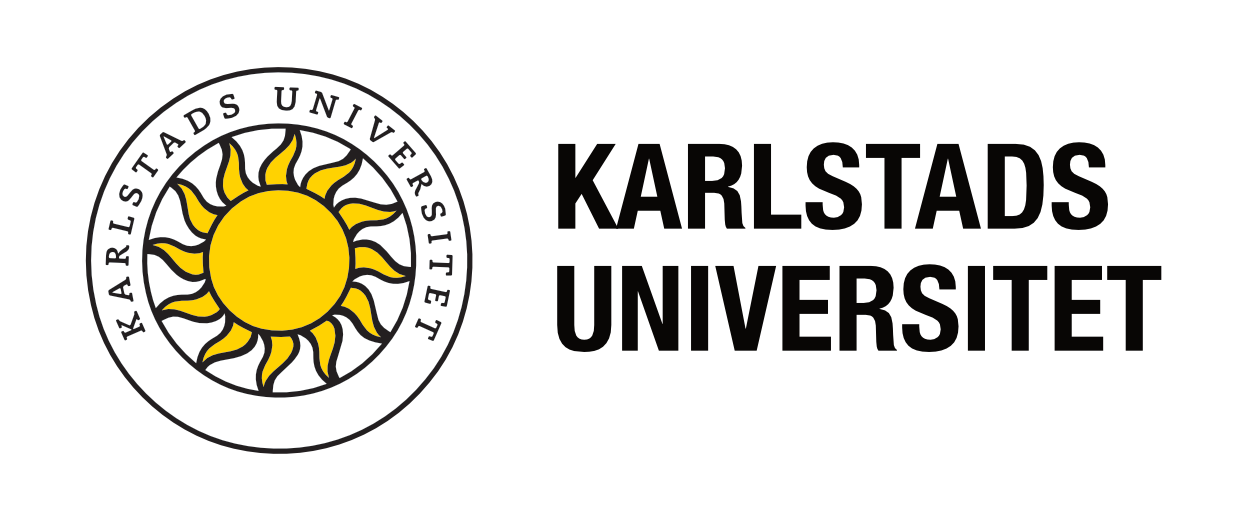It is almost never a good solution to simulate the controlled situation that the exam on campus offers by video-monitoring students when they conduct take-home exams. It is about integrity, effectivenes and efficiency.
There are several problems with such measures. On the one hand, it is doubtful whether such monitoring really fulfills its purpose and whether sufficient control over the examination process is achieved. On the other hand, it is doubtful whether it can be defended from an integrity perspective.
The recommendation from the university’s legal department is that monitoring should only take place in exceptional cases, i. e. only if the monitoring:
1. Is necessary for the exam being to carried out at all,
2. Takes place in such a way that it truly fulfills its purpose,
3. Is not more intrusive than necessary to ensure that cheating does not occur, as well
4. Is not recorded.
Even if you’re only in the least bit unsure of what to do, you should contact the university’s legal department and/or UPE for advice.
Below you can take part in the considerations of the university’s legal department from November 2020.
Zoom monitoring during the exam in a home environment
In some cases, it can be difficult to convert an exam that is usually done on campus to be done online. Due to this, the lawyers and the data protection officer have received many questions about whether it is permitted to monitor the students via Zoom when they write the exam at home. The starting point is that it should be avoided as far as possible and that monitoring should only be used in exceptional cases.
The issue of monitoring students with Zoom when writing the exam in a home environment has two parts, legal certainty during examination and integrity protection according to the Data Protection Regulation (GDPR).
Legal certainty
In order to be able to justify monitoring via Zoom, we must be able to show that we can really carry out the examination legally. An exam guard in a room can monitor the students in a completely different way than what can be done through Zoom. The student can e.g. make use of unauthorized aids that are not visible for the camera. An exam guard may suspect that cheating is going on, but it will be almost impossible to prove the cheating. The question is therefore whether the monitoring really fulfills its purpose. In order to ensure legal certainty during such monitoring, clear rules are thus required for the camera’s location and routines for technical problems with connection and disconnection. What should the consequences be if, for example, the student’s broadcast is disconnecterd for a while, or for the rest of the examination?
Integrity protection
All processing of personal data must be fair, appropriate, reasonable, proportionate and transparent in relation to the data subject (in this case the student). In order for KAU to have the right to process personal data, a legal basis for the processing is required. Consent cannot be used as a legal basis in this case, instead public interest may be considered as our basis. However, this includes that the surveillance arrangements must be considered necessary for being able to perform of the assignment (examination).
Conclusions
Here we thus return to the assessment that monitoring should only take place in exceptional cases. Is it necessary to examine through a monitored Zoom exam? Are there no other ways to test students’ knowledge of the learning objectives in the syllabus? When it comes to converting an exam from a campus examination to an online examination, there is good help available from UPE. In addition to the support in how examinations can be converted to online examinations that UPE provides on its page Keep on teaching, “https://sola.kau.se/keeponteaching/examination/”, you can also make a direct contact with UPE (upe@kau.se).
In summary, an exam may be monitored via Zoom only if the monitoring:
- is necessary so that the exam can be carried out at all,
- takes place in such a way that it truly fulfills its purpose,
- is not more intrusive than necessary to ensure that cheating does not occur, as well
- is not recorded.

